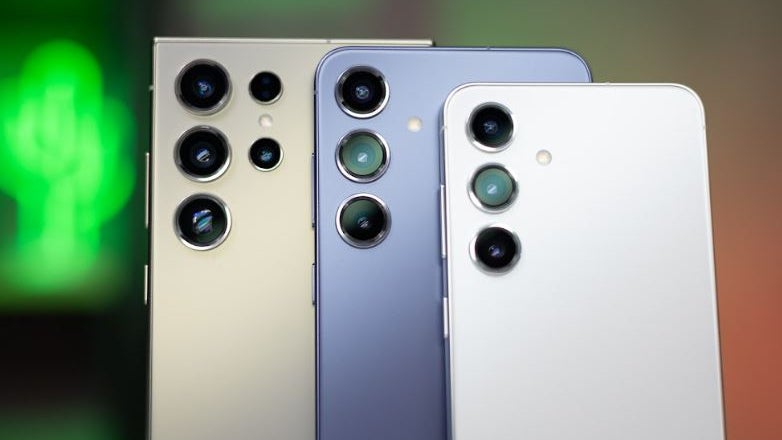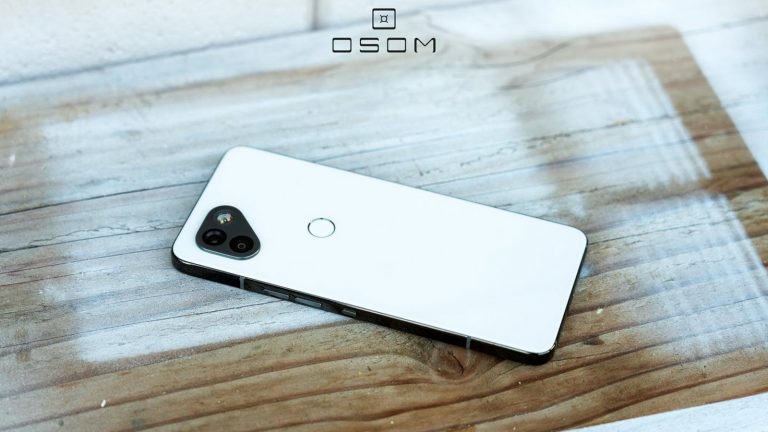Will the S25’s Memory Chip Switchup Spark Concerns?

Galaxy S25 Memory Chip Shift: Is It Worth the Wait?
Samsung’s Galaxy S25 phones didn’t just abandon Exynos processors; they also switched suppliers for memory chips. But, as the company looks to switch back later this year, is it worth rushing to get your hands on a Galaxy S25 before the change happens?
The LPDDR5X memory chips have undergone an impressive upgrade, with the manufacturing process improved from 13 nm to 12 nm. This means you can expect efficiency increases, more compact assembly, and reduced power consumption.
However, Samsung faced heating issues during this transition and had to switch to Micron Electronics for memory chips. Thankfully, these problems have largely been rectified, and the company plans to switch back to its own memory chips later on.
So, what does this mean for the Galaxy S25 phones? Well, it’s likely that those manufactured after the initial stock has run out will use Samsung’s own memory chips. But will you notice the difference?
Here are a few key points to consider:
• The memory standard is the same across both suppliers.
• The manufacturing process has been improved, which means efficiency and power consumption are likely to be better.
• The differences between Micron and Samsung memory chips are unlikely to be noticeable.
In my opinion, the change in memory chip suppliers is unlikely to be a major concern. Samsung has a history of producing high-quality devices, and this change shouldn’t significantly impact your overall experience.
So, is it worth waiting for the Galaxy S25 to switch back to Samsung’s own memory chips? If you’re not desperate for a new phone, you might want to hold off until later in the year when the changes are likely to be made. However, if you’re looking for a top-notch device, the Galaxy S25 is still an excellent choice.
[Image: The Galaxy S24 Ultra also didn’t use Samsung’s own Exynos chipset. | Image credit — PhoneArena]
Samsung had a rocky 2024, but the company has since stabilized its 3 nm manufacturing process and is working on 2 nm and 1.4 nm chips. The Exynos 2500, which debuted soon in the Z series phones, is a promising development.
While there might be some minor heating issues with Samsung’s own memory chips, I believe the differences will be unnoticeable. Samsung has recognized the importance of quality and reliability, and it’s unlikely to compromise on these aspects.
The Galaxy S25 series has faced some setbacks, but it’s still one of the best phones worth buying today. Samsung’s commitment to producing high-quality devices is unwavering, and the Galaxy S25 is a testament to this dedication.




